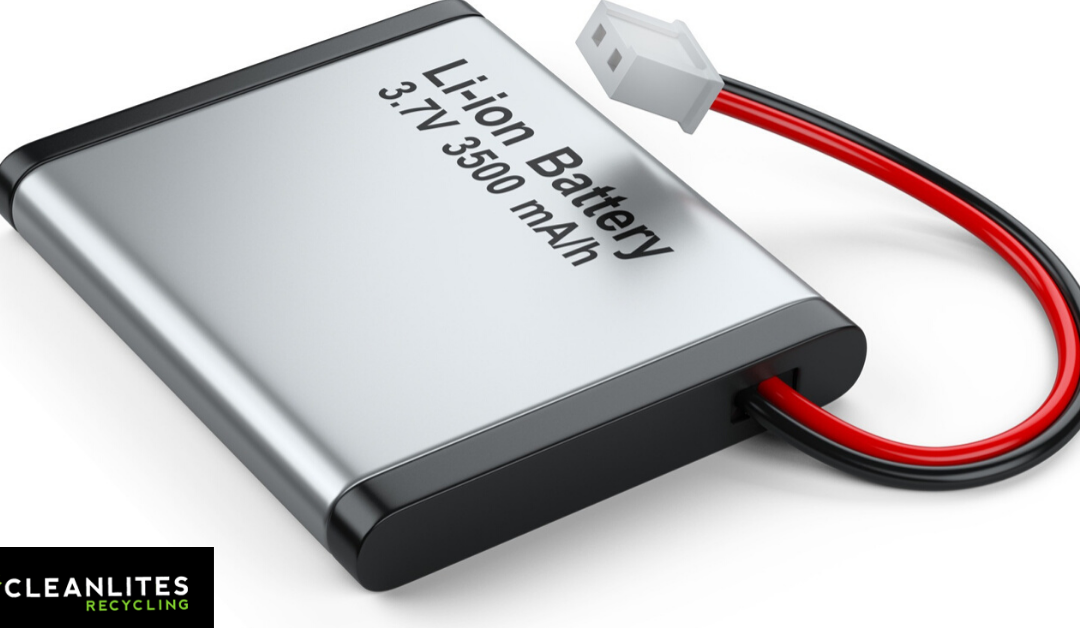Have you heard the buzz around Elon Musk’s new Tesla Cybertruck? As each day passes, electric vehicles, sustainability, and the environment dominate the news. These topics are more important now than ever before according to experts.
The environmental impact of our collective actions is beginning to catch up with us. So, what does that mean for you as a business? How can you make a difference?
Read on to learn how lithium-ion batteries impact the environment and how you can help.
Recognizing Your Company’s Environmental Impact
At initial glance, you may think your company isn’t investing in lithium-ion batteries. But, you likely aren’t aware of these battery’s many uses. You’ll find lithium-ion batteries in:
- Electric vehicles
- Mobile phones
- Smartphones
- Laptops
- Some power tools
- E-readers
- Tablets
- Digital cameras
- Electric wheelchairs
If you use these products, then you use lithium-ion batteries. So, what exactly are the environmental impacts of using them?
The biggest cause of concern is the production of lithium. Most production occurs in the “Lithium Triangle” located in Bolivia, Chile, and Argentina. This area is already very dry, and lithium production saps crucial water supplies.
As lithium gets produced, toxic chemicals are sometimes released into the water supply. The invasive mining process is far from ideal. The production process itself causes an increase in:
- Human health incidents
- Global warming
- Resource depletion
- Ecological toxicity
To make matters worse, few people recycle lithium after using it.
Why Your Business Should Care
Lithium-ion batteries offer more benefits than the fossil fuel alternatives. Despite that, there are still issues surrounding the greener technology.
Heading into 2020, you may wonder — why should your business care about the environment? Here are a few reasons:
- Reducing physical waste saves money
- Going green is a competitive advantage
- Consumers want to buy from sustainable companies
- Improves brand image
- Improves customer satisfaction
- Increased productivity
Climate change and global warming are big concerns for your customers. Consumers want businesses to take proactive steps towards becoming greener.
How to Make the Sustainable Switch
Lithium-Ion battery recycling is no easy feat. Despite major demand and use, only about 5% of these batteries get recycled. That’s because the process involves:
- Collecting the used batteries
- A controlled burn of the flammable components
- Neutralizing the battery
- Smelting
- Refining
- Purification
- Disposal of remaining waste
Once this process is complete, the valuable materials get recycled. That includes cobalt, lithium, and nickel.
Most companies can’t devote the time and energy to complete this process. Even when they can, it’s not always a profitable enterprise. In most cases, outsourcing is your business’s best option.
Reducing Your Environmental Impact One Battery at a Time
Experts tout the potential of lithium-ion batteries. If your company uses them, then you need to invest in recycling them. Regardless of your business’s size, your company’s environmental impact matters.
Are you interested in making the sustainable switch soon? Reach out to Cleanlites Recycling to get a quote today. Together, we’ll go over your options and get started on your new clean strategy.

